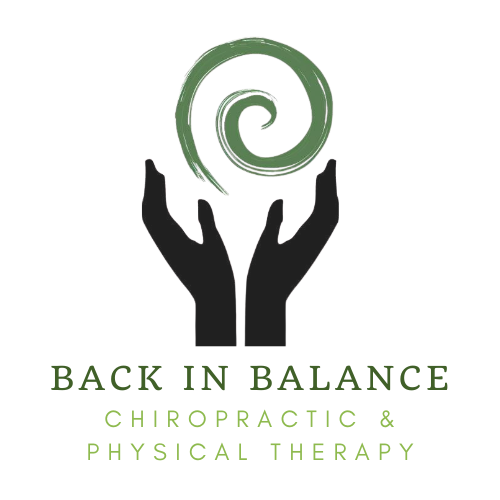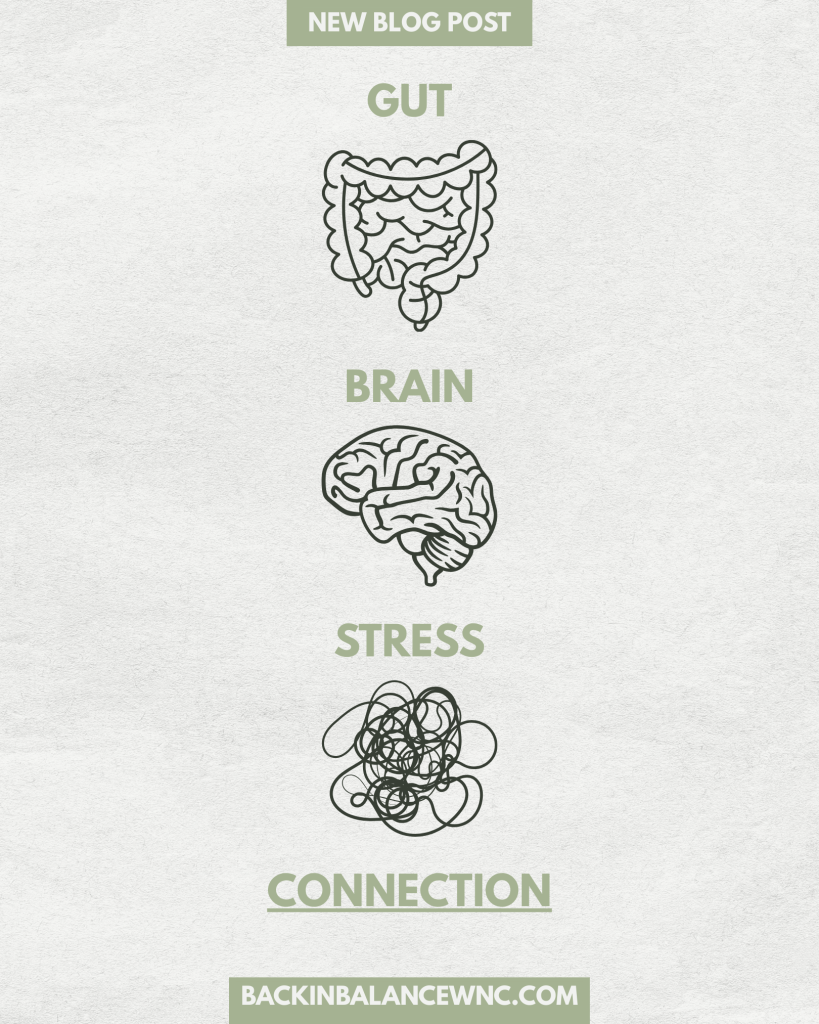The Gut-Brain-Stress Connection: Why Digestion Suffers Under Pressure
Have you ever noticed your digestion acting up during times of stress? Maybe your stomach feels tight, bloating becomes more frequent, or your usual cravings suddenly spiral. This isn’t just in your head…it’s happening in your gut, too. This is because your brain and digestive system are in constant communication through what’s called the gut-brain axis, a complex, two-way connection between your central nervous system and enteric nervous system (aka your “second brain” in the gut).
At the center of this connection is your HPA axis (Hypothalamic-Pituitary-Adrenal axis), the system that governs your body’s response to stress. When you’re constantly under pressure, this axis can become dysregulated, leading to imbalanced cortisol levels and chronic activation of your fight-or-flight response.
When the HPA axis is stuck in overdrive, digestion takes a hit:
- Your body diverts energy away from digestion toward “survival mode”
- Gut motility can slow down or speed up, causing constipation or urgency
- Stomach acid and enzyme production may drop, leading to bloating or reflux
- Your microbiome may shift, increasing inflammation or contributing to IBS-like symptoms
- Cravings for sugar and comfort foods can increase as cortisol rises
Over time, this creates a vicious cycle: stress affects the gut, and poor gut health worsens stress.
Signs your gut-brain axis might need support:
- Bloating, cramping, or irregular bowel movements
- Food sensitivities or unpredictable digestion
- Constant sugar or carb cravings
- Feeling wired but tired
- Mood swings, irritability, or anxiety
How to Break the Cycle
At Back in Balance, we approach stress and digestion as interconnected systems because they are. Disruptions in one often ripple into the other, so addressing both is key to meaningful, lasting change.
Here’s how we support your health:
Chiropractic care: The nervous system plays a central role in regulating digestion. Spinal misalignments can interfere with nerve signaling, especially along the vagus nerve, which helps control gut motility, enzyme secretion, and inflammation. Gentle adjustments support optimal communication between the brain and gut, encouraging better balance and resilience.
Functional medicine: Through a comprehensive intake and analysis, we assess patterns in your stress response (like with the DUTCH CAR test), digestive function, and nutrient status. These help us identify underlying imbalances, whether it’s low stomach acid, microbiome disruption, or adrenal dysfunction, and create a personalized plan to support healing. Order Your Kit Here
Lifestyle & mindfulness strategies: We provide guidance on daily habits that influence both the gut and nervous system health, from nutrition and meal timing to breathwork and sleep hygiene. These often-overlooked practices are essential to long-term regulation and symptom relief.
When your nervous system and digestive system are working with each other, not against, your body is better equipped to manage stress, absorb nutrients, and restore energy.




